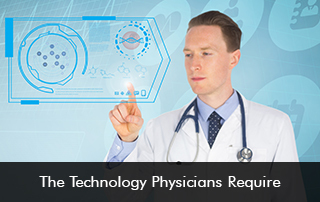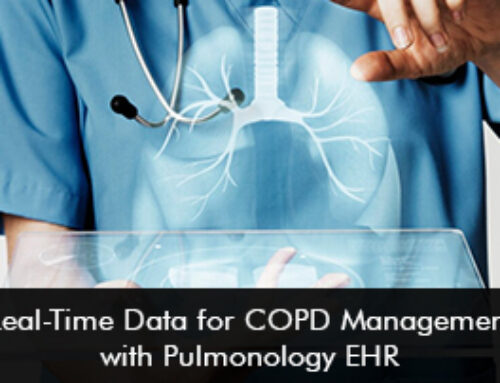Healthcare providers are responsible to offer the best care to their patients. This requires flexibility and smooth availability of crucial data to make informed care decisions. However, it’s still not easy for clinicians to provide the optimum care their patient needs as many providers don’t have access to basic patient records outside their software system. The patient records are critical to providing a complete picture of a patient’s health conditions and can support the right care process. If a hospital is using clunky EHR Software with information stored in various places, it is the prime reason to see why clinicians are burning out.
Clinician Burnout
A physician who is suffering from burnout will not be as productive as usual days. This can also impact their ability to close care gaps. Clinician burnout can have serious consequences leading to physician dissatisfaction and this can eventually impact patient care and health outcome levels negatively.
Cloud-based technology solutions with mobile capabilities
To alleviate physician burnout and enhance the care process, providers require technology that goes where they go. An Electronic Medical Records (EMR) software system that offers mobile capabilities can provide the flexibility to physicians to practice on the go and view patient records on their smartphones. They don’t need to be tied to their work desk but can have easy access to all patient data from anywhere.
Benefits of using mobile workflows
The following advantages can be reaped with mobile workflows,
- With the use of mobile EHR apps clinicians can take notes as the patient encounter is taking place. This helps to reduce any chances of errors and leads to faster and more accurate documentation.
- Through mobile workflows, automated tracking alerts are available for annual tests.
- Mobile app capabilities offered by the EMR system lead to physician efficiency as they can practice round the clock.
- The mobile app can be used by providers to do pre-encounter preparation giving them more time to engage with their patients and satisfy them.
- Patient information is at the fingertips of physicians.
The need for intuitive interoperability
The information and insights clinicians need at the moment of care require the seamless exchange of data throughout the healthcare ecosystem. Without interoperability, providers won’t be able to coordinate care and improve a patient’s health journey. Clinicians also need data in a format that is actionable and intuitive. This will enable them to take advantage of the data without having to click through pages and find the exact information.







